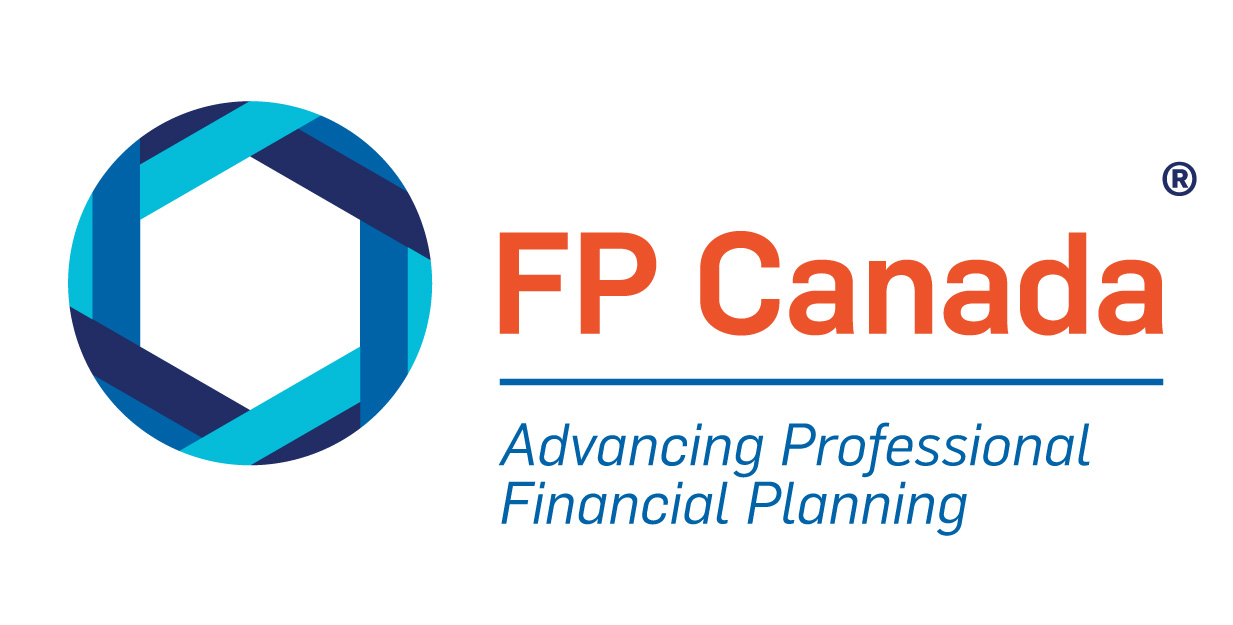Are your adult children financially dependent on you? If so, there's the potential that it could have a negative impact on their well-being—and yours, too.
Why Do So Many Young People Need Financial Support?
Many new graduates grapple with student loans. This debt, paired with potential unemployment and underemployment, can be further aggravated by the rising cost of living.
For many young adults, the only option is to seek help from their parents. In some cases, what starts as a temporary financial solution quickly becomes a necessity. Many millennials are leaning on their parents to buy a car, put a down payment on a home, or start a family.
Understanding the Risks
While it’s great to help young adults on an occasional or short-term basis, supporting them long term can cause problems.
Parents may be putting their financial futures at risk if they prioritize their adult children over meeting their existing financial obligations. Likewise, young adults who fail to learn financial responsibility are setting themselves up for financial dependence and uncertainty.
To ensure that the future looks bright for everyone, it’s important to help adult children realize financial independence as soon as possible, says Marc Lamontagne, a CFP® professional with Ryan Lamontagne Inc. in Ottawa.
Tips to Help Young Adults Reach Financial Independence
So, how can you help get the young adults in your life on the road to financial self-sufficiency? Lamontagne shares the following advice:
1. Set limits
Set a limit on how much financial assistance you’re prepared to give and for how long. If it’s a loan, put it in writing. Include a payback schedule and get a signature to acknowledge that it’s a real commitment. Learn how to say no to requests for more money and remain firm in your decisions.
2. Help them establish a budget
It’s surprising how many young adults are unaware of their monthly expenses. As parents, you can teach adult children how to make their own budgets—and how those budgets will be affected by their spending. Remember, adult children may need temporary supplemental income if they’re looking for a job. Financial assistance should gradually decrease over time.
3. Help them work toward a goal
If a young adult wants a car or their own apartment, have them write down these short- and long-term goals. Next, take them through the necessary steps required, including reducing spending or getting a part-time job. One option is matching what your child saves, providing the motivation to help them reach their goal faster.
4. Teach good habits early
The sooner a young adult learns how to manage money, credit, debt, and spending, the better. It doesn’t have to be a tedious discussion. Instead, you can offer simple lessons to help them in their next phase of life.
Working With a Professional
Lamontagne says he’s seeing more parents bring adult children to their annual financial review with their CFP professional or QAFP® professional.
“We have a long discussion about investments, taxes, and estate planning. It provides a real educational opportunity to gain a clear understanding of a parent’s financial situation and what their needs will be later in life,” Lamontagne said.
Easing young adults off financial dependence may mean setting some firm boundaries and focusing on financial education. Fortunately, the rewards will be well worth the effort.
To find a CFP professional or QAFP professional who can help you and your family, use our Find Your Planner tool.

 Find Your Financial Planner
Find Your Financial Planner

